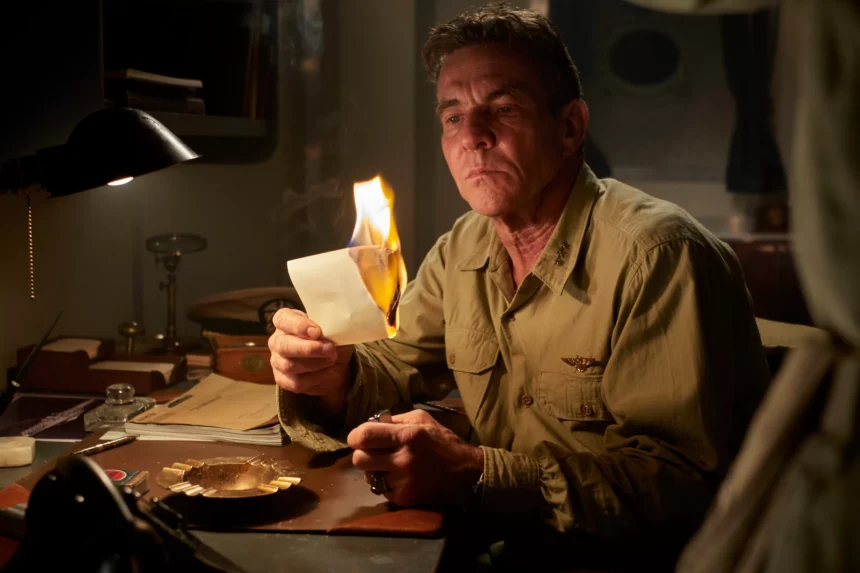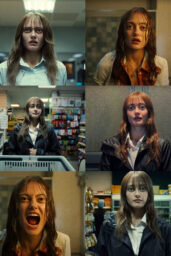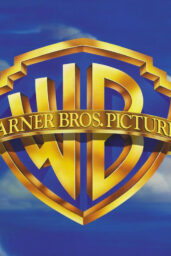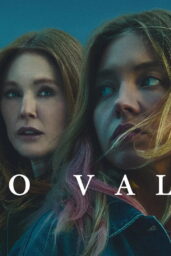In a recent interview on Patrick Bet-David's podcast, veteran actor Dennis Quaid shared his candid thoughts on the current state of Hollywood. Quaid, who stars in the upcoming biopic “Reagan,” didn't mince words when discussing the decline in movie quality this decade. He attributed this decline to a loss of freedom of expression and the pervasive influence of political correctness.
“There's a loss of freedom of expression,” Quaid stated. “Everybody's trying to be so politically correct. Back in the '70s [Hollywood] may have been skewed to the Left, but everybody was trying to be politically incorrect back then. That was the thing, and it was an exciting time. We had a real dialogue with people instead of trying to fit into a mold.”
Quaid's sentiments echo those of other prominent figures in the film industry. Quentin Tarantino, Terry Gilliam, Kenneth Lonergan, Paul Schrader, Martin McDonagh, Walter Hill, Vince Vaughn, and Jerry Seinfeld have all expressed similar concerns about how political correctness and “woke” culture are stifling creative expression.
The decline in quality filmmaking isn't just a mainstream issue; indie filmmaking has also seen a dip in great films. There's a growing trend towards being less offensive and less edgy in storytelling and character development. Filmmakers are increasingly cautious about offending audiences, which can limit the depth and complexity of their work.
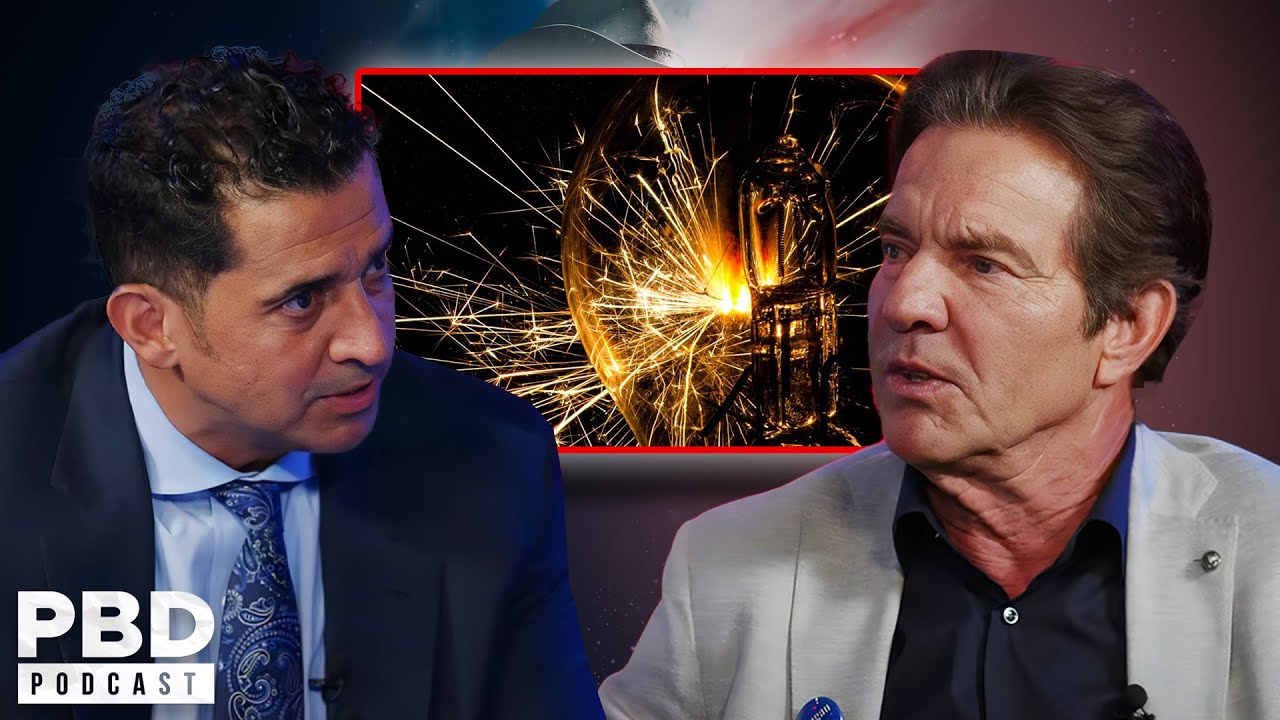
Even film festivals like Sundance, once known for their edgy and innovative programming, have become more risk-averse. Variety's Owen Gleiberman noted the lack of “danger” in the films being selected, while IndieWire co-founder Eric Kohn attributed this to filmmakers' fear of cancel culture. Kohn argued that the presumption of cancel culture scares filmmakers from taking real chances, leading to a dearth of ambitious and provocative movies.
“Reagan,” co-starring Jon Voight, Nick Searcy, Penelope Ann Miller, and Robert Davi, is set to open in theaters on August 30. The film promises to offer a fresh perspective on the life and legacy of one of America's most iconic presidents.
As we look to the future of cinema, it's crucial to consider the impact of political correctness on creative freedom. While inclusivity and sensitivity are important, they should not come at the expense of artistic expression. The challenge for filmmakers is to find a balance that allows for bold, thought-provoking storytelling without fear of backlash.
In conclusion, Dennis Quaid's insights highlight a growing concern within the film industry. As audiences, we must support films that push boundaries and challenge norms. Only then can we hope to see a resurgence of the golden age of cinema, where creativity and expression flourish without restraint.

